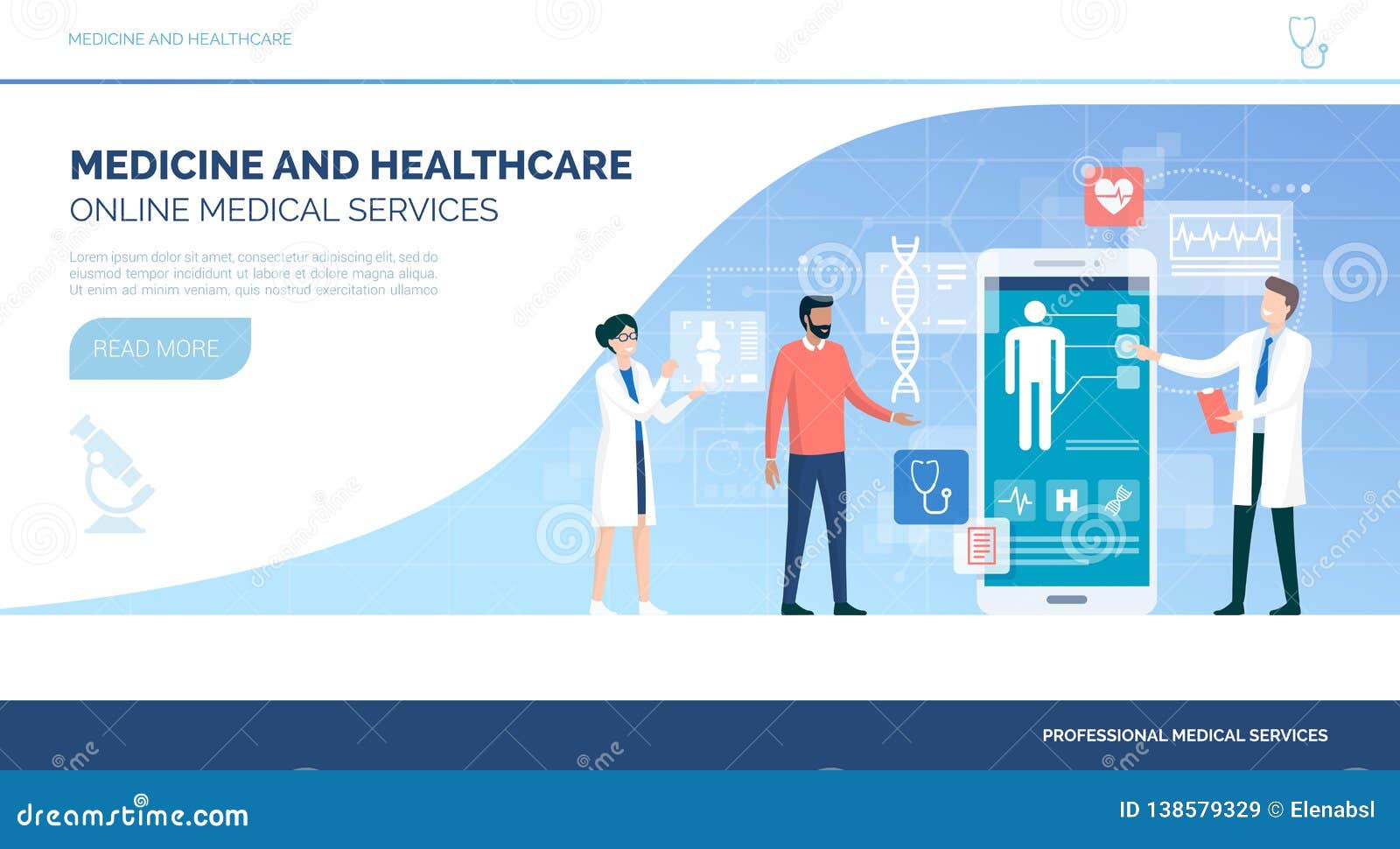The Surge of Subscription-Based Medical Care and Its Impact on Individual Treatment
As medical care advances, the subscription-based model is acquiring traction, guaranteeing to reinvent individual treatment by using predictability and access. These versions, which bypass traditional insurance coverage, can redefine the patient-doctor dynamic, stressing tailored and preventative care. As with any kind of technology, they offer obstacles, specifically concerning equitable access for all socioeconomic teams. The potential for these versions to improve health care shipment elevates pushing concerns about their long-term sustainability and inclusivity. Are these registration services the future of healthcare, or do they risk leaving at risk populaces behind? The complexities of this shift warrant a more detailed assessment.
Recognizing Subscription Medical Care Models
Realizing the concept of membership healthcare designs involves taking a look at a transformative approach to medical solutions that emphasizes cost and accessibility. These designs, frequently described as direct main treatment (DPC) or attendant medicine, have become cutting-edge alternatives to standard fee-for-service medical care systems. Subscription health care allows patients to pay a fixed monthly or yearly fee for a specified set of medical solutions, which may consist of limitless workplace visits, routine examinations, and standard laboratory examinations, without the need for conventional insurance policy payment.
The structure of subscription health care designs is made to streamline client care by eliminating third-party payers and complicated invoicing codes, consequently decreasing administrative concerns. Doctor can focus much more on client care, fostering stronger patient-provider relationships. This version additionally advertises preventative treatment by motivating routine check outs, as the monetary obstacle of per-visit charges is removed.
The subscription version often empowers medical care suppliers to take care of smaller sized individual panels, enabling for more customized care. It straightens monetary rewards with client health end results, as providers are encouraged to preserve patient complete satisfaction and well-being. On the whole, comprehending subscription healthcare versions needs recognizing their possible to reshape just how treatment is delivered and accessed.
Advantages for Clients and Providers

With a constant income stream, healthcare specialists can devote even more time to each client, leading to an extra comprehensive and tailored care experience. The focus on preventative care within registration plans can lead to far better client end results and decreased lasting health care prices.
Concerns and difficulties
While subscription-based medical care designs existing various advantages, they also include a collection of challenges and issues that have to be addressed. Ease of access stays a substantial concern, as these models typically target people that can manage month-to-month costs, possibly excluding low-income populations. This raises ethical questions regarding equitable access to health care services. Furthermore, the different nature of registration strategies can cause confusion among patients regarding coverage specifics, possibly causing unmet assumptions or insufficient care.
Financial sustainability of subscription-based models is another problem. Companies should balance the set earnings from memberships with the variable expenses of health care services, which might change because of unexpected medical demands. This can develop pressure to restrict services or rise charges, potentially influencing individual fulfillment and care quality.
Furthermore, regulative oversight of subscription-based healthcare models is still progressing. Resolving these obstacles is essential for the equitable and successful application of subscription-based health care.
Influence on Patient-Doctor Relationships
One substantial impact of subscription-based healthcare models on patient-doctor connections is the capacity for enhanced continuity and personalized care. By adopting a right here subscription model, physicians can manage a smaller patient panel, permitting for more specialized time with each individual. This boosted availability fosters a much deeper understanding of an individual's clinical history, way of life, and preferences, enabling a lot more tailored therapy plans and treatments.

Nevertheless, it is very important to acknowledge that while subscription-based models might profit those that can manage them, they can accidentally widen health care disparities. Individuals that are incapable to get involved in these models could experience reduced accessibility to personalized treatment, possibly affecting their Discover More Here connections with doctor. Thus, while the subscription version uses encouraging benefits for patient-doctor connections, it also poses challenges that require to be addressed to make sure equitable medical care accessibility.
Future of Medical Care Gain Access To

The role of technology can not be ignored in this change. Telemedicine platforms and electronic health documents help with seamless communication in between individuals and doctor, breaking down logistical and geographical barriers. In addition, innovations in expert system and data analytics can even more individualize clinical treatment by forecasting person needs and maximizing therapy plans.
Nonetheless, the future of health care accessibility also offers obstacles, such as guaranteeing equity throughout various socio-economic teams. Policymakers and doctor have to team up to link the digital divide, ensuring that subscription-based designs stay cost effective and inclusive. As these systems develop, they hold the pledge of making health care much more available, reliable, and patient-centric.
Final Thought
Subscription-based health care models are reshaping client care by supplying a secure cost structure and boosting accessibility. The increase of subscription-based healthcare encourages aggressive patient engagement, which has the prospective to improve individual end results and contentment, indicating a transformative shift in health care shipment.
As medical care progresses, the subscription-based design is acquiring traction, guaranteeing to change client treatment by supplying predictability and ease of access.Subscription-based medical care models offer unique advantages for both carriers and individuals, improving the total health care experience.As medical care systems evolve, the future of medical care gain access to regularly hinges on the combination of ingenious versions and technologies.Subscription-based health care versions are improving person treatment by supplying a stable cost structure and improving access. The surge of subscription-based healthcare urges positive individual engagement, which has the potential to boost client outcomes and satisfaction, signaling a transformative shift in medical care shipment.